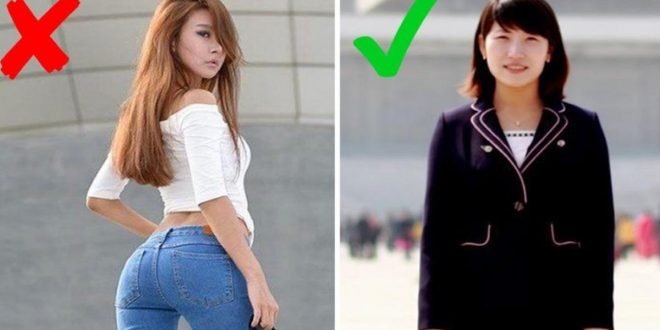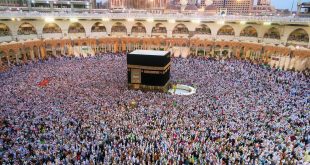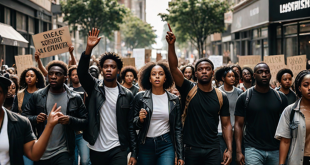Run by the Kim family for generations, the government maintains strict control over its citizens’ lives. This control extends to many aspects of everyday life, with even seemingly harmless activities being banned or heavily restricted.
Here are ten such examples and the reasons behind these restrictions:
1. Unrestricted access to the internet
Imagine a world without Google, social media, or even online news. In North Korea, access to the global internet is tightly controlled by the government. Citizens have access to a heavily censored internal network, but connecting to the outside world is strictly prohibited. The government fears the spread of information that might challenge its authority.
2. South Korean media
Korea maintains a tense relationship with its southern neighbour, South Korea. As a result, all forms of South Korean media, including movies, music, and TV shows, are banned. The government worries that exposure to South Korean culture could weaken its control and spark ideas of unification.
3. Freedom of movement
North Koreans don’t have the freedom to travel freely within their own country, let alone abroad. Internal movement is restricted, and citizens need permits to travel between cities. Leaving the country is nearly impossible for ordinary citizens. The government fears defection and the spread of information about life outside North Korea.
4. Freedom of religion
While North Korea officially allows for freedom of religion, in reality, it’s heavily restricted. The government promotes a personality cult around the Kim family, and citizens are expected to show absolute loyalty. Religious practices that could compete with this loyalty are discouraged or even banned.
5. Unrestricted cell phones
Mobile phone use is increasing in North Korea, but it’s heavily monitored. Phones typically only allow calls and texts within the country’s internal network. Accessing foreign content or making international calls is strictly prohibited.
6. Certain hairstyles and clothing
North Korea has strict regulations on appearance. Men’s haircuts are limited to a few approved styles, and dyed hair is forbidden. Women’s clothing is expected to be modest and knee-length. These restrictions aim to promote social conformity and discourage individuality.
7. Smiling for pictures sometimes
While North Koreans do smile, there are times when public displays of happiness are discouraged, particularly during periods of mourning or hardship. Images of past leaders are treated with utmost reverence, and sombre expressions are expected during visits to memorials. However, during celebrations and official events, enthusiastic smiles are encouraged.
8. Jeans and other Western clothing
Jeans and other Western clothing styles are often associated with American culture, which the North Korean government demonises. While some Western styles might be tolerated in major cities, wearing them can attract unwanted attention from authorities, especially outside of urban areas.
9. Private businesses
The North Korean economy is centrally controlled by the government. Private businesses are largely banned, and most citizens work for state-owned enterprises. This limits economic opportunities and discourages individual initiative.
10. Criticism of the government
The most serious offence on this list is any criticism of the government or the Kim family. North Koreans are expected to show absolute loyalty to their leaders. Even a whisper of dissent can lead to severe consequences, including imprisonment in labour camps for the offender and their extended family.
Consequences for breaking the rules
Punishments for violating these restrictions can vary depending on the severity of the offence. Minor infractions might result in fines or public humiliation. More serious offences, such as watching South Korean media or attempting to flee the country, can lead to imprisonment in harsh labour camps, or even execution.
Why these restrictions exist
The North Korean government justifies these restrictions as being necessary to maintain national security and social order. They fear the spread of information that could challenge their authority or lead to calls for reform. However, these restrictions severely limit the freedoms of North Korean citizens and paint a picture of a country where basic human rights are not respected.
This content was created with the help of an AI model and verified by the writer.
 Top Naija News – Nigeria News, Nigerian News & Top Stories Top Naija News – Nigerian Newspapers, Nigerian News. topnaijanews is a daily Nigerian newspaper covering Latest News, Breaking News, Entertainment, Sports, Lifestyle and Politics.
Top Naija News – Nigeria News, Nigerian News & Top Stories Top Naija News – Nigerian Newspapers, Nigerian News. topnaijanews is a daily Nigerian newspaper covering Latest News, Breaking News, Entertainment, Sports, Lifestyle and Politics.




